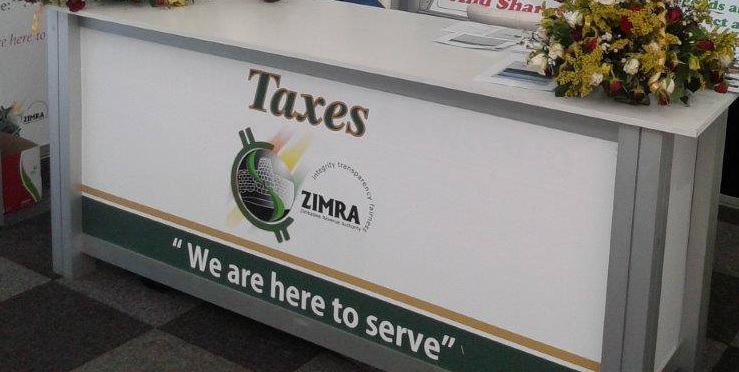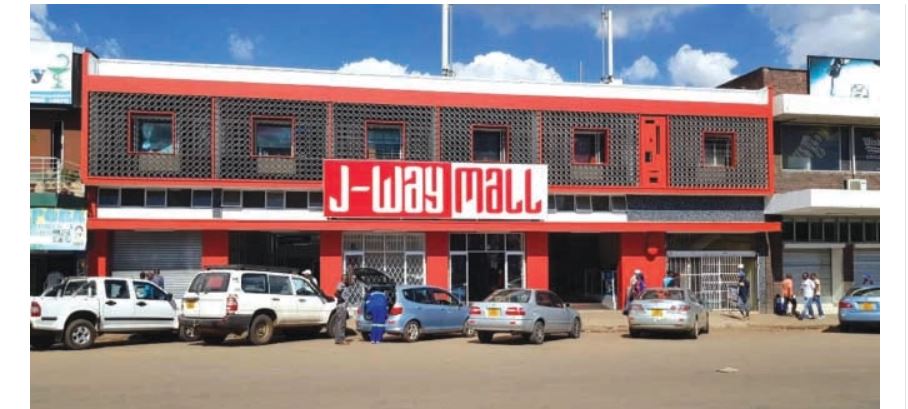The Agricultural Marketing Authority (AMA) has disclosed significant price disparities in agricultural inputs across Zimbabwe, sparking warnings from farming unions about a potential crisis that could undermine preparedness for the 2025/26 cropping season.
The findings come from the AMA's Agro-Input Monitor Issue 6, released in June 2025, which surveys agro-dealer prices in major farming districts. The report reveals wide variations in the cost of fertilisers, seeds, veterinary medicines, and stockfeed, with smallholder farmers particularly affected.
For example, the price of a 50kg bag of Ammonium Nitrate fertiliser ranges from US$40 in Gokwe to US$32.50 in Mutare. A 25kg bag of SC 719 maize seed costs US$149 in Harare but drops to US$101 in Bulawayo. Compound C fertiliser is priced as high as US$52.50 in Marondera, while in Harare it sells for US$35.
In some instances, price differences exceed 40 percent, placing severe financial strain on thousands of resource-constrained farmers.
"The increase in prices of agricultural inputs, particularly seed and fertilisers, is significantly undermining the preparedness of farmers for the 2025/26 farming season, especially smallholder farmers," warned Clive Munakandafa, vice-chairperson of the Zimbabwe Commercial Farmers Union (ZCFU) Matabeleland North.
He cautioned that without intervention, these price hikes could devastate farmers' planning and finances, with broader implications for household food security nationwide.
The AMA report, which covers regions including Harare, Chiredzi, Chinhoyi, Bindura, Marondera, Bulawayo, Gokwe, and Mutare, also highlights uneven availability of inputs linked to local stock levels.
While transportation costs partly explain the pricing discrepancies, farming unions point to profiteering, weak market regulation, and poor decentralisation of certified input supplies as major factors driving inequality among farmers.
"The financial pressure is causing widespread delays in procurement, disrupting farmers' ability to adequately prepare for the upcoming season," Munakandafa explained.
"This will result in late planting, reduced hectarage, or compromised input application - all of which negatively impact yields and long-term productivity."
He added that many farmers, especially those in remote areas, may resort to unregistered or low-quality alternatives due to the scarcity and high costs of certified inputs.
"These risky substitutes may seem like the only viable option for desperate farmers trying to survive," he said.
Zimbabwe Farmers Union (ZFU) secretary-general Paul Zakariya described the volatile input prices as a grave threat to the sustainability of the agricultural sector.
"This is the sad reality. Agriculture, like any other business, depends on managing costs and growing yields to stay profitable," Zakariya noted.
He condemned what he called "profiteering" in input pricing as dangerous economic behaviour undermining national development.
Farmers, he stressed, cannot pass on the rising input costs and remain vulnerable to economic shocks.
"As prices skyrocket, farmers cannot shift the burden elsewhere," Zakariya said. "They bear it directly, which renders their businesses extremely vulnerable."
The AMA and farming unions are calling for urgent interventions to stabilise input prices, improve distribution equity, and strengthen market oversight to safeguard the nation's food security and agricultural productivity in the coming season.
- Newsday
 Zimra imposes US$2m penalty on OK Zimbabwe
Zimra imposes US$2m penalty on OK Zimbabwe  South Africa ripe for a coup
South Africa ripe for a coup  India dumps US Treasury bills
India dumps US Treasury bills  Zimbabwe's dollar stock exchange surges 45%
Zimbabwe's dollar stock exchange surges 45%  Gold edges up as traders await guidance
Gold edges up as traders await guidance  fastjet introduces Bulawayo-Victoria Falls flights
fastjet introduces Bulawayo-Victoria Falls flights  Young Investment Professional (YIP) Graduate Programme 2019
Young Investment Professional (YIP) Graduate Programme 2019 











 Young Investment Professional (YIP) Graduate Programme 2019
Young Investment Professional (YIP) Graduate Programme 2019
Editor's Pick